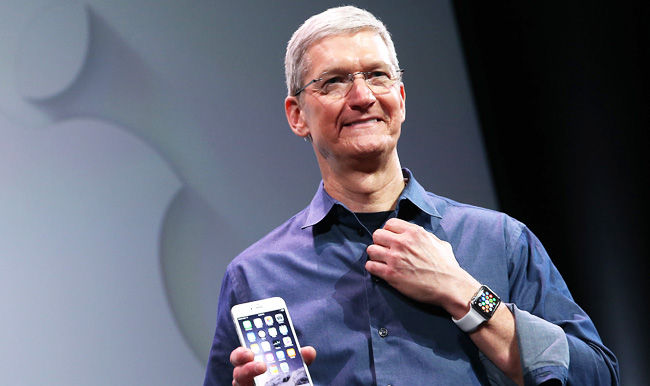
The fallout from Apple’s admission that they throttled speeds of older iPhones seems to have begun. While the company insists the measures were included in the smartphones to prevent battery issues and hardware failure, many were quick to point out that this was never made clear to consumers and there was never an alternative provided to easily replace older batteries. The situation raises questions about proprietary rights and the removal of the consumer from the maintenance equation, something that seems to be driving two class-action lawsuits against the company.
Atlas Consumer Law in Illinois is pushing one class-action suit, while Stefan Bogdanovich and Dakota Speas have filed in California. Atlas laid out their rationale behind the case in a press release according to Quartz:
Apple’s failure to inform consumers these updates would wreak havoc on the phone’s performance is being deemed purposeful, and if proven, constitutes the unlawful and decisive withholding of material information. This is in direct violation of the Illinois Consumer Fraud and Deceptive Business Practices Act, as well as Indiana’s Deceptive Consumer Sales Act, North Carolina’s Unfair and Deceptive Trade Practices Act, and Common Law Fraud, all of which state against unfair methods of competition and/or trade conducted under false pretenses. As a result, countless consumers have been harmed and defrauded by this illicit and immoral conduct.
The change was uncovered after benchmark tests showed that older phones were performing at a lower level as the battery aged, but returned to optimum levels once the battery was replaced. Reports on these tests prompted Apple to acknowledge their decision, possibly to avoid accusations that the software was installed on old phones to push users to purchase the newest models. Response to the decision has been largely negative.
(Via Quartz / PR Newswire)
